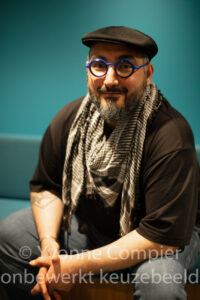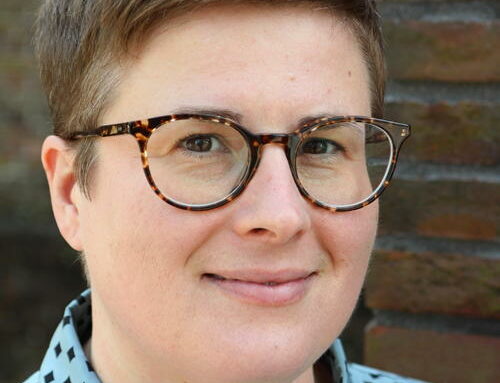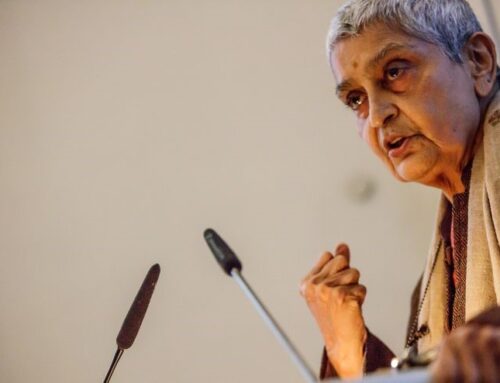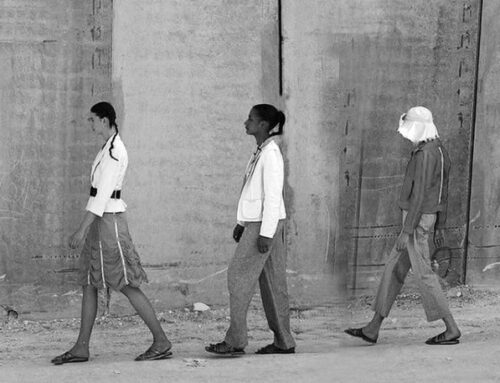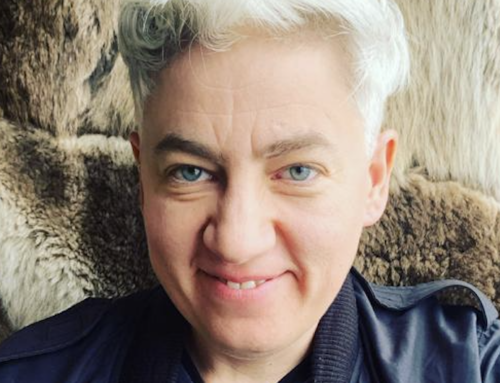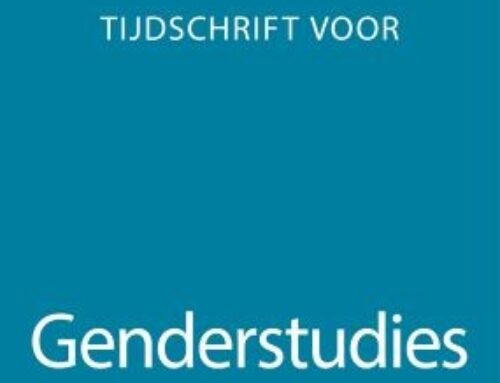NOG Course
Unmasking Man:
Masculinities and Denial of Gender Plurality
Mark Rutte, the Secretary General of NATO, calling Donald Trump, the American President, the “daddy” who needs to use strong language, has brought about many reactions. These reactions discuss his remark as the colonial mindset of Global North toward the Middle East, “diplomatic gambit” or embracement of “sucking up” to the US by Europe. However, there are no reflections on the gendered aspect of this remark and how masculinity and the politics of manhood inform politics and political performance. Accordingly, this graduate-level course examines masculinity and the politics of manhood to deconstruct the concept of man. In other words, the course unmake man in order to spotlight how (toxic) masculinity is the kernel of the concept of man embedded in the sociopolitical structure of everyday life.
RMA students will learn to deconstruct the concept of man through its poetics (objects, design, and psyche) and politics (capitalism, nationalism, and violence). By the end of the course, students will be able to:
- Demonstrate how masculinities are structural phenomena embedded in capitalism and nationalism.
- Illustrate how masculinities operate through the minutiae of everyday life and vibrate into the political attitudes and behaviours.
- Define what masculinity is and the cultural processes that make man.
This course is organized by the NOG, as part of the collaboration of the History Cluster in the School of Humanities and the School of Religion and Theology at Vrije Universiteit Amsterdam. The course carries 5 EC (140 hours, including classes and assessments), and students are expected to participate in and contribute to class activities and discussions.
Course Details
Dates & Time : May 15, May 22, May 29, June 5, June 12, June 19 2025. Sessions start at 11:00h.
Location: Vrije Universiteit Amsterdam (room details will be made available upon registration)
Coordinator: Dr. Younes Saramifar, History Cluster, VU
Contact: y.saramifar@vu.nl
Teachers: Dr. Younes Saramifar (History Cluster, VU), Dr Srdjan Sremac (Peace, Trauma and Religion – Research Group, VU)
Registration: this course is for RMA students. Please email NOG@uu.nl with ‘Registration Unmasking Man’ as a subject line, your name, RMA programme and research school. Registration closes on April 15, 2026.
Reading: You will receive a Course Syllabus with readings upon registration. You can find the reading list here.
Modes of Teaching:
Each class consists of a 45-minute lecture (the type of lecturing is at the discretion of the teacher) and a 45-minute class discussion, during which students discuss the assigned reading, following the questions provided in advance.
Modes of Assessment:
Students are expected to deliver two types of assessments. They are divided into groups and design walking tours that represent the concepts discussed during the class (40%). The grade will be for the group as a whole. Each student also delivers an analytical essay (60%), which is an individual assessment.
Assignments submitted later will be graded, but no feedback will be provided. Providing feedback is at the discretion of the teachers.
The policy for the use of AI:
The use of generative AI for correcting grammar, summarizing literature, or finding relevant literature is allowed. However, students should not rely on the arguments, analysis, and conclusions provided by AI to present their thoughts. An essay that is suspected of doing so will be marked zero, and the student cannot use a resit opportunity.
Bio
Younes Saramifar is an interdisciplinary researcher working at the intersection of political anthropology and history. His research focuses on narratives of domination of religious populism. He applies interdisciplinarity by practicing ethnography and yoyoing between humanities and social sciences to rediscover the familiar in unfamiliar ways. He approaches his research through objects and bodies configured through history and collective memory.
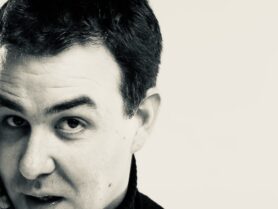 Srdjan Sremac is Assistant Professor at the Faculty of Social Sciences and Humanities, Vrije Universiteit Amsterdam and co-director of the Amsterdam Center for the Study of Lived Religion. His research focuses on lived and material religion from theoretical and ethnographic perspectives with interdisciplinary interests including religion and sexuality, war-related trauma, extreme violence, material culture/heritage, visual ethnography and post-conflict reconciliation.
Srdjan Sremac is Assistant Professor at the Faculty of Social Sciences and Humanities, Vrije Universiteit Amsterdam and co-director of the Amsterdam Center for the Study of Lived Religion. His research focuses on lived and material religion from theoretical and ethnographic perspectives with interdisciplinary interests including religion and sexuality, war-related trauma, extreme violence, material culture/heritage, visual ethnography and post-conflict reconciliation.


